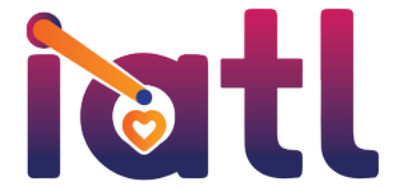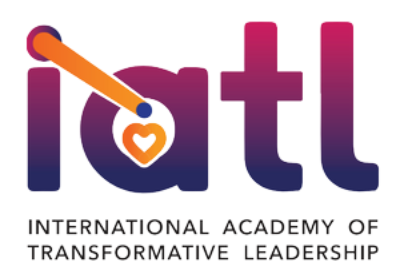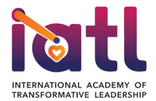Interpersonal Relationships at Work
How important is it to get along with the people we work with? Does it impact our productivity? What impact do interpersonal relationships at the workplace have on our body, mind and emotions? How does it affect our inner growth? Let us take a closer look at ourselves, our work and the environment in which we perform to try and find answers to these questions.
The 3 Aspects of Work
Whether we work in teams or whether we are individual contributors, there are 3 aspects of any work that we undertake:
The first aspect, the Self is about the individual who is involved in executing the Task. It includes the individual’s objective, intent, motivation level, level of competency, physical condition, thoughts and feelings etc. at the time of executing the Task. The second aspect is the Task itself. It includes but is not limited to the complexity of the task, time available to complete the task, resource availability, impact of the outcome, the value it adds to the system etc. The third aspect of work is the Others who are involved in the Task – the stakeholders who directly or indirectly contribute to the successful completion of the task and those that will be impacted by the outcome. If we are cognizant of each of these three aspects of work, we will be able to function with greater efficacy and speed. Today, we will be focusing on the third aspect – Others in a little more detail.
Let us take a look at this equation suggested by behavioral scientists Dr. Robert Blake and Dr. Jane Mouton:
Here, R1 is Resources available to do the job, example – finances, raw material, human resources etc. R3 represents Results or outcome. And R2 stands for Relationships. In the words of Blake and Mouton – “The sounder the relationships, the better the results, given the same resources (as the equation above shows).” In a world where resources are steadily decreasing, where more and more is expected from less and less, the only way to yield incremental results is to leverage interpersonal human relationships.
The Cost of Discord
Let us now take a quick look at the other side of the coin. What is the cost of discord and incivility at the workplace? In organisations where leaders are completely focused on results with little or no regard for people, the culture is that of Perform or Perish. Non performance is treated with contempt and humiliation by leaders. Expression of anger and rudeness are a given and such behaviour percolates down the levels among all employees. Research conducted by Christine Porath, a Management Researcher, has shown that incivility makes people less motivated:
- 66% employees cut back on their efforts
- 80% lost work time worrying about what happened
- 12% left their job
From this research, Cisco estimated conservatively, that incivility was costing them 12 million dollars a year, for example. The impact of incivility is not limited to only those who are at the receiving end. There is an impact on those who simply witness it. In another study conducted on a small group, the effects of a peer insulting a group member was tested. The results were significant – a 25% reduction in performance and 45% decrease in new creative ideas generated. “Incivility is a bug. It is contagious. We become carriers of it just by being around it” says Porath.
Creating a Cohesive Work Culture
When we have a work environment that fosters harmony and mutual respect, we are more productive, creative, helpful, happy and healthy. Perhaps today’s leaders are more cognizant of this fact in this pandemic driven work-from-home era where employees are experiencing burnout, disengagement, increased stress and anxiety and are falling prey to a host of life-style diseases, all from a lack of social connect. Therefore, the most frowned upon Gallup Employee Engagement survey question – Do you have a best friend at work? – is perhaps finding more acceptance among discerning leaders.
We are increasingly spending more of our waking hours with our team members than with family, and it’s only natural that we want to build connections with our team members. We want work to feel worthwhile and having trusted confidants and supporters helps foster that feeling. When employees possess a deep sense of affiliation with their team members, they are driven to take positive actions that benefit the business.
The first step to fostering friendship and trust among coworkers is Open Communication. Employees need to be able to initiate conversations among themselves where they can share common goals and objectives, set common guidelines for working together and hold each other accountable. In case of difference of opinions, disconnects and hurt, both parties need to be able to express themselves completely, listen to each other with openness and realign towards the higher purpose of the work.
When each of us practice accessing our Core – the deepest dimension of our being – we are able to draw from that source of unlimited positive energy and wisdom that allows us to experience and radiate that compassion essential in Accepting Others for who they are. This is when judgements fall away and we able to open our hearts and minds to others, work with them, help them and guide them in spite of the foibles that make them who we are!
When we are led by the Core, we can work with meaning and purpose, experience seamless collaboration, fulfillment and joy at work.
As Maitreya Dadashreeji says – “The revolutionary rising time will be of a new heart-driven world order.” Let us collectively work towards it by raising our Core Consciousness.



